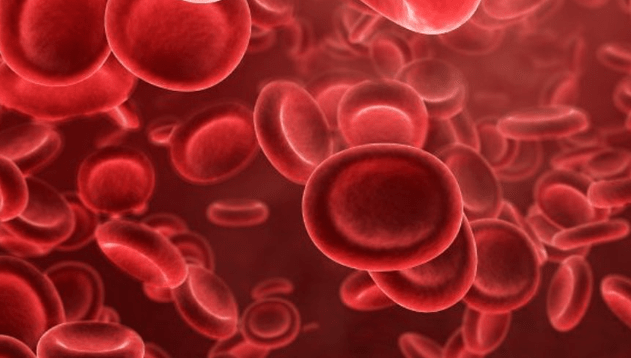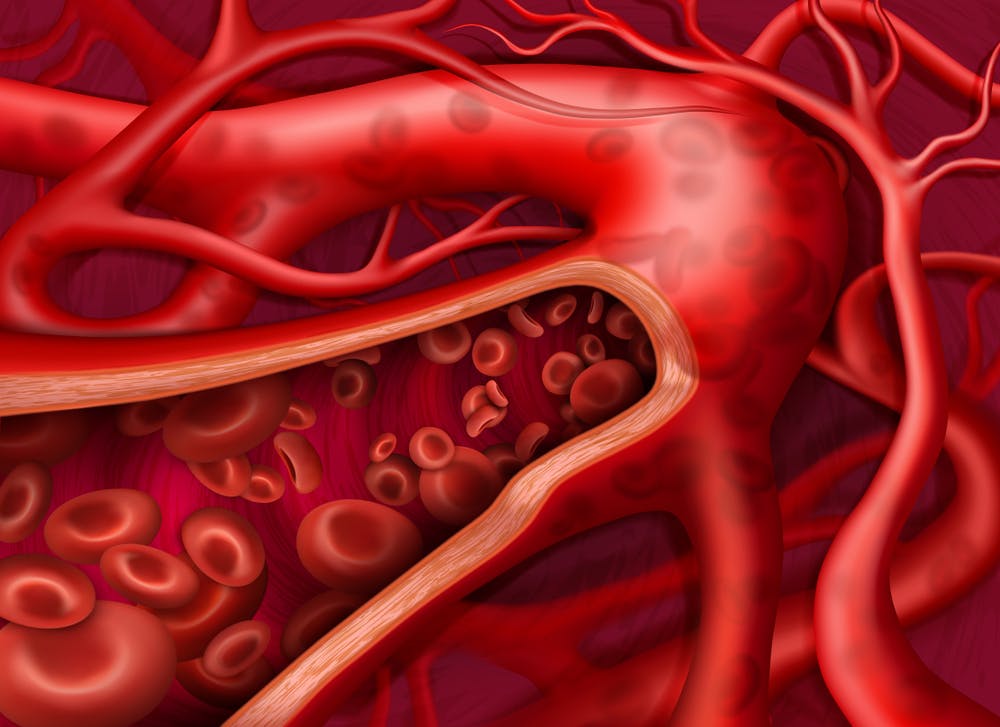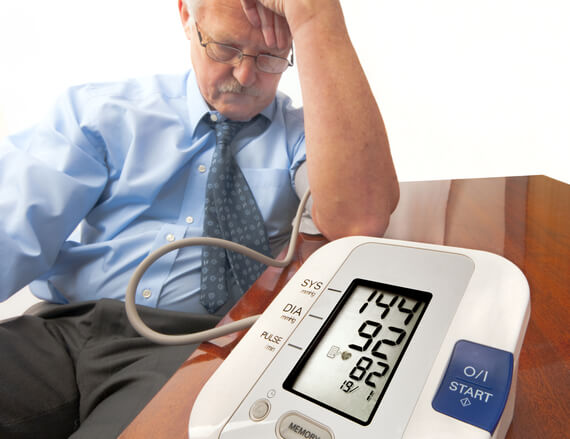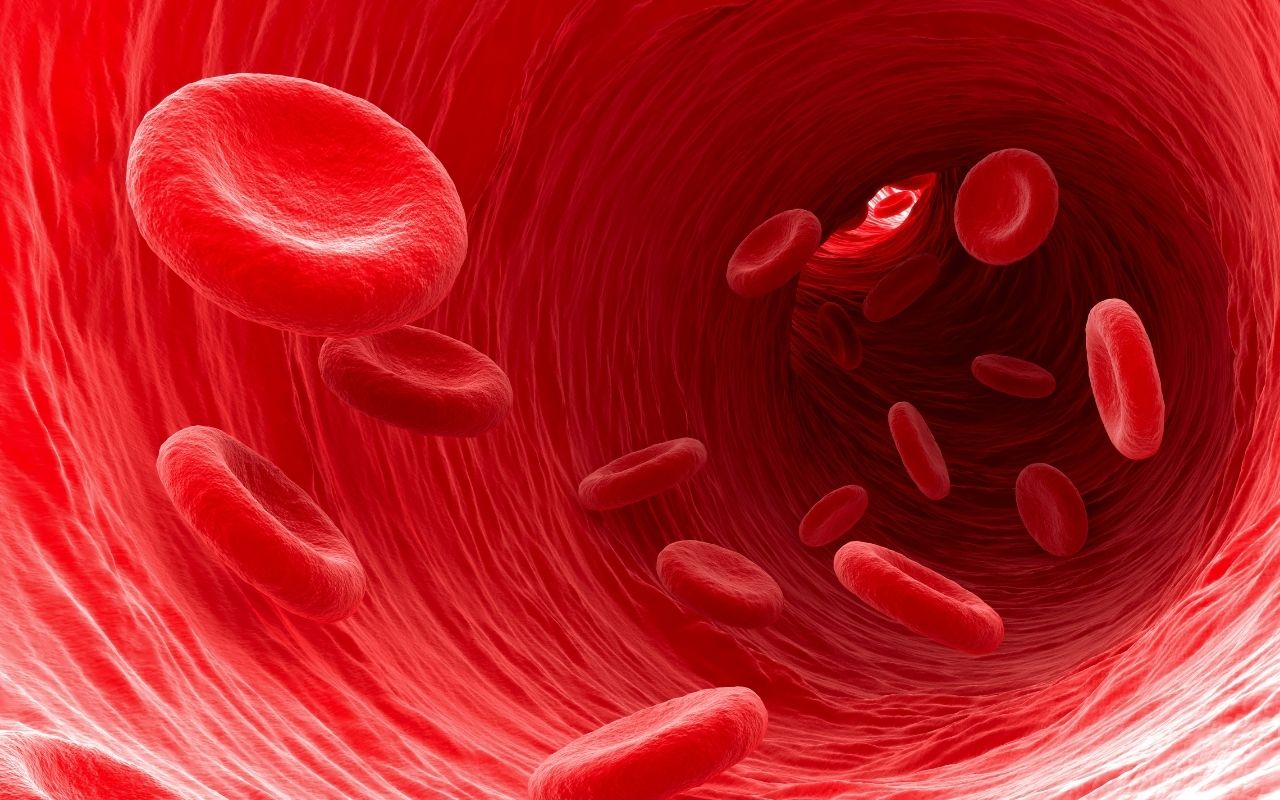Yet many people don’t pay attention to their circulatory health until noticeable symptoms arise—such as fatigue, cold hands and feet, numbness, headaches, or even more serious events like strokes and heart attacks. In this article, you’ll learn the vital role of circulation, how to detect warning signs early, and practical daily habits to maintain healthy blood circulation naturally.
What Is Healthy Blood Circulation?
Blood circulation is the process by which the heart pumps blood through a network of arteries, veins, and capillaries, delivering nutrients and oxygen throughout the body. A healthy circulatory system means:
- The heart beats regularly and forcefully to push blood efficiently
- Blood vessels are clear, elastic, and strong
- Blood is distributed adequately to major organs like the brain, heart, liver, kidneys, and limbs
- There is no blockage, clotting, or impaired flow
A well-functioning circulatory system ensures that every organ performs optimally. It also helps regulate body temperature, transport hormones, and defend the body against diseases.
Signs That Your Blood Circulation May Be Poor
Many early signs of poor circulation are subtle and often ignored. Watch for the following:
- Numbness or tingling in hands and feet, especially at night or after sitting long
- Cold extremities, even when the weather is warm
- Pale, dry skin or slow-healing wounds
- Dizziness or lightheadedness, especially when standing up quickly
- Difficulty focusing, forgetfulness, or mental fog
- Swollen legs or feet, heavy feeling when standing
- Irregular heartbeat, palpitations, or shortness of breath with light activity
Experiencing these symptoms frequently may indicate that your circulatory system needs support and care.

Pay attention to some signs that indicate poor blood circulation
Risks of Poor Circulation
When blood doesn’t circulate properly, organs lack oxygen and nutrients, leading to declining function. This can result in serious health issues such as:
- Stroke or transient ischemic attacks (TIAs) due to blocked brain vessels
- Heart attacks from restricted blood flow to the heart
- Kidney or liver failure from organ damage
- Erectile dysfunction and hormonal imbalance
- Memory loss and cognitive decline, especially in older adults
- Increased risk of blood clots, especially for sedentary individuals
Maintaining healthy blood circulation is not only key to feeling energized but also to preventing chronic disease.
Daily Habits to Maintain Healthy Blood Circulation
Exercise Regularly
Physical activity is one of the most effective ways to promote healthy blood flow. Exercises like brisk walking, running, yoga, swimming, and cycling stimulate circulation, strengthen the heart, and improve vascular flexibility.
Tips:
- Aim for at least 30 minutes of activity daily
- Take walking breaks every 45–60 minutes if sitting for long periods
- Choose stairs over elevators when possible
Eat Foods That Support Circulation
Certain foods can naturally improve blood flow:
- Dark leafy greens: spinach, kale, collard greens
- Vitamin C-rich fruits: oranges, pomegranates, strawberries
- Fatty fish: salmon, mackerel (rich in omega-3s)
- Garlic, turmeric, ginger: natural anti-inflammatory and vessel-cleansing agents
- Whole grains, chia seeds, flaxseeds: promote heart health
Avoid: Excess sugar, trans fats, fried foods, processed meats, and salty snacks.
Stay Hydrated
Blood is mostly made of water. Drinking enough water helps prevent thickening of the blood, reduces clot risk, and aids in optimal circulation.
Tips:
- Drink 1.5–2 liters of water per day
- Choose filtered water, warm water, or fresh fruit juice
- Limit cold drinks and carbonated beverages
Manage Stress
Chronic stress raises blood pressure and damages blood vessels. Proactively release stress through:
- Meditation, yoga, or breathing exercises
- Journaling or listening to calming music
- Taking breaks during work and socializing with loved ones
Prioritize Quality Sleep
Sleep allows the nervous and cardiovascular systems to recover, which helps maintain proper circulation.
Tips:
- Sleep before 11 PM and get 7–8 hours each night
- Avoid screens and caffeine before bedtime
- Keep your bedroom cool, quiet, and dark
Massage and Foot Soaks
Gentle massage and warm foot soaks improve blood flow to the lower body and help relax the nervous system.
Use ingredients like Epsom salt, ginger, peppermint, or lemongrass essential oil to enhance the effects.
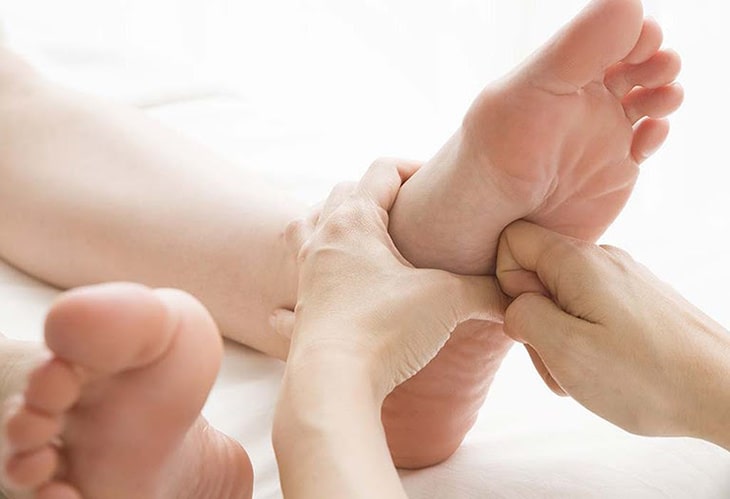
Massage and foot soaking improve blood circulation
Who Needs to Pay Extra Attention to Blood Circulation?
- Older adults: aging weakens the cardiovascular system
- Desk workers or sedentary people: prone to blood pooling in lower limbs.
- Pregnant or postpartum women: often experience swelling and reduced circulation
- People with diabetes, high blood pressure, or high cholesterol: increased risk of vascular issues
- Smokers and frequent alcohol consumers: high risk of vascular damage
When to Seek Medical Advice
You should consult a healthcare provider if you notice:
- Persistent numbness or tingling
- Frequent dizziness or poor memory
- Irregular heartbeat or shortness of breath
- Cold, pale skin on hands or feet
- Slow wound healing or unusual bruising
Early diagnosis and intervention can prevent serious outcomes and restore normal circulation.
Healthy blood circulation is the foundation of a strong body, a sharp mind, and a joyful life. You don’t need extreme changes—just simple, consistent habits like exercising, eating well, staying hydrated, and managing stress.
Start today by taking care of the “life flow” within your body. A strong circulatory system helps you not only live longer but live better — full of energy, clarity, and purpose every day.

